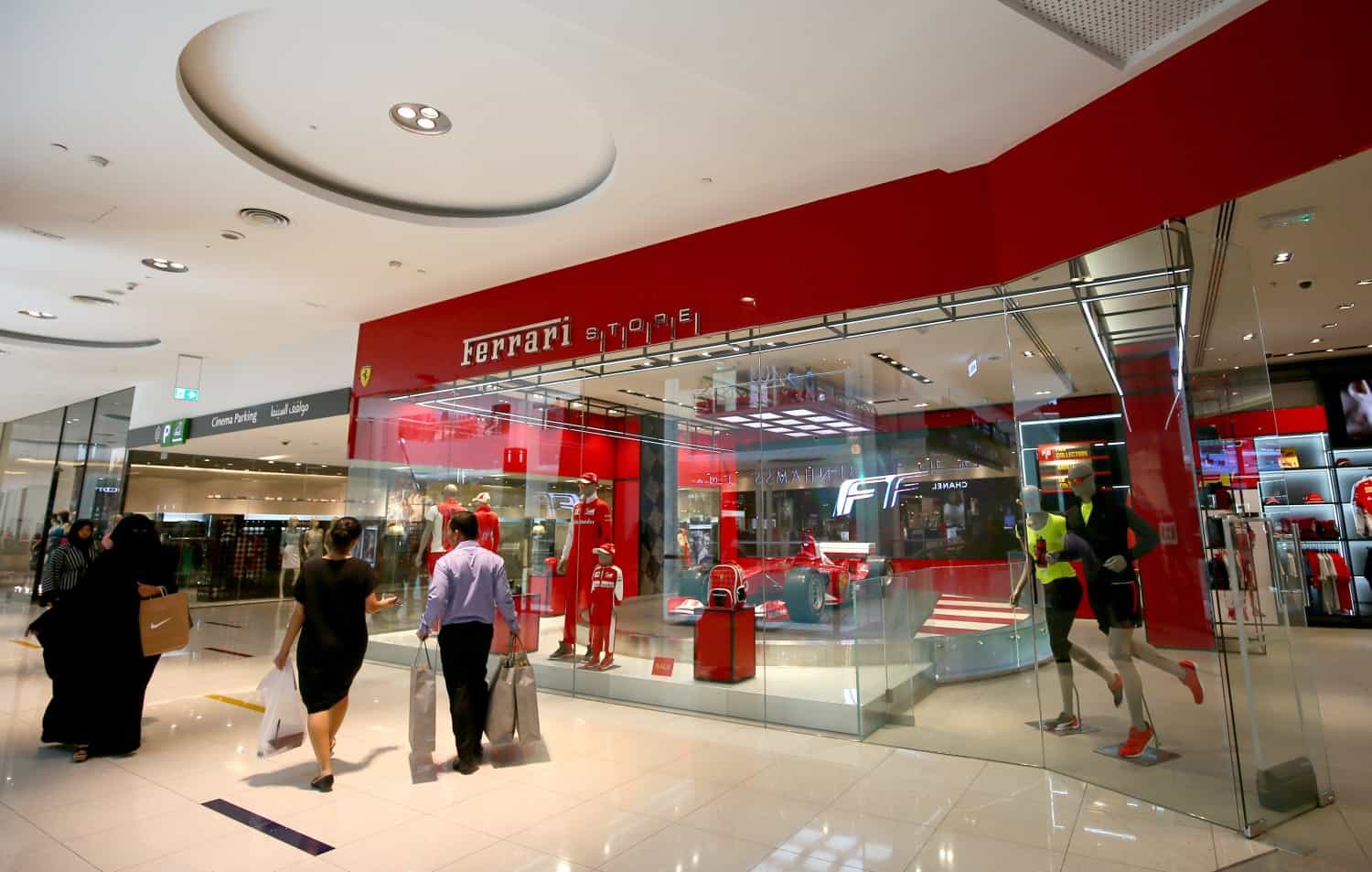The UAE Central Bank is expecting the overall inflation rate to reach 5.6 percent during 2022, mainly due to the passing of the rise in oil prices to fuel, as well as food-related items that are witnessing increases globally.
The dollar’s first-quarter increase of about 10 percent against a basket of international currencies is also expected to lessen the impact of imported inflation, thanks to dirham’s peg to the dollar. Thus, UAE imports will become cheaper, limiting global Inflation’s effect on the country.
Yet, how can the Federal Reserve’s decisions affect prices in the UAE? And what steps can be taken to overcome inflation?
UAE inflation
Wael Makarem, Senior Market Strategist – MENA at Exness, considers that “The ongoing monetary policy tightening in the United States is impacting economic growth all around the world directly and indirectly. As a result, investors and businesses are revising their expectations and risk appetite, which could reduce the size of their investments”.
He added in an interview with TRENDS: “In this manner, the UAE is thus seeing an impact externally and internally since the central bank closely mirrors the Federal Reserve’s decisions, thus recreating the same monetary effects within the country.”
How Inflation affects consumers?
More than half of the 1,600 people surveyed by YouGov indicated that their cost of living in the UAE had increased significantly compared to last year.
Forty-seven percent of those surveyed said they had cut back on eating out, and just over a third had cut back on buying electronic gadgets. Forty percent expect to reduce spending in these two areas in the future. In addition, the survey indicated that residents wish to cut back on fast food, non-essential food items, personal care services, and leisure activities.
Without a doubt, consumers will have less disposable income to spend because of the price increases. As a result, GCC consumers may be forced to cut back on discretionary spending due to inflation.
Such a global challenge can be surpassed if businesses and governments work to mitigate inflation; consumers may benefit and be better able to protect their standard of living, Makarem said.
Overcoming inflation
Many steps can be made in the UAE to overcome Inflation, starting with governmental support and other financial facilitation.
Makarem said: “Inflation has affected many sectors in the UAE where there is less freedom in price-fixing. Other sectors partially avoided the effects of Inflation by raising prices and passing higher costs to their customers. But that, in turn, has pushed demand down in certain cases”.
On the other hand, companies have attempted to mitigate these effects by searching for cheaper input sources to lower the cost of their final products, according to Makarem, who also sees that UAE consumers will feel less inflation impact thanks to government initiatives.
To this end, the UAE’s Minister of Economy, Abdullah bin Touq Al Marri, recently presided over a meeting of the UAE’s Supreme Committee for Consumer Protection, wherein the committee discussed its comprehensive strategy for the next phase of strengthening the consumer protection system. The plan includes identifying a set of essential commodities for which price increases would need to be approved by the Ministry of Economy.
The essential commodities are cooking oils, eggs, fresh milk, rice, sugar, fresh chicken, legumes, bread, flour, and cleaning materials, with a maximum profit margin for each commodity for suppliers or traders.
Given the current conditions in global markets and their repercussions on chains, the Minister of the Economy emphasized that the committee’s goal is to find a fair and balanced mechanism under best practices to ensure the availability of goods at reasonable prices while simultaneously guaranteeing the rights of commodity suppliers. Supply and the rise in commodity prices and their availability in the exporting countries.

